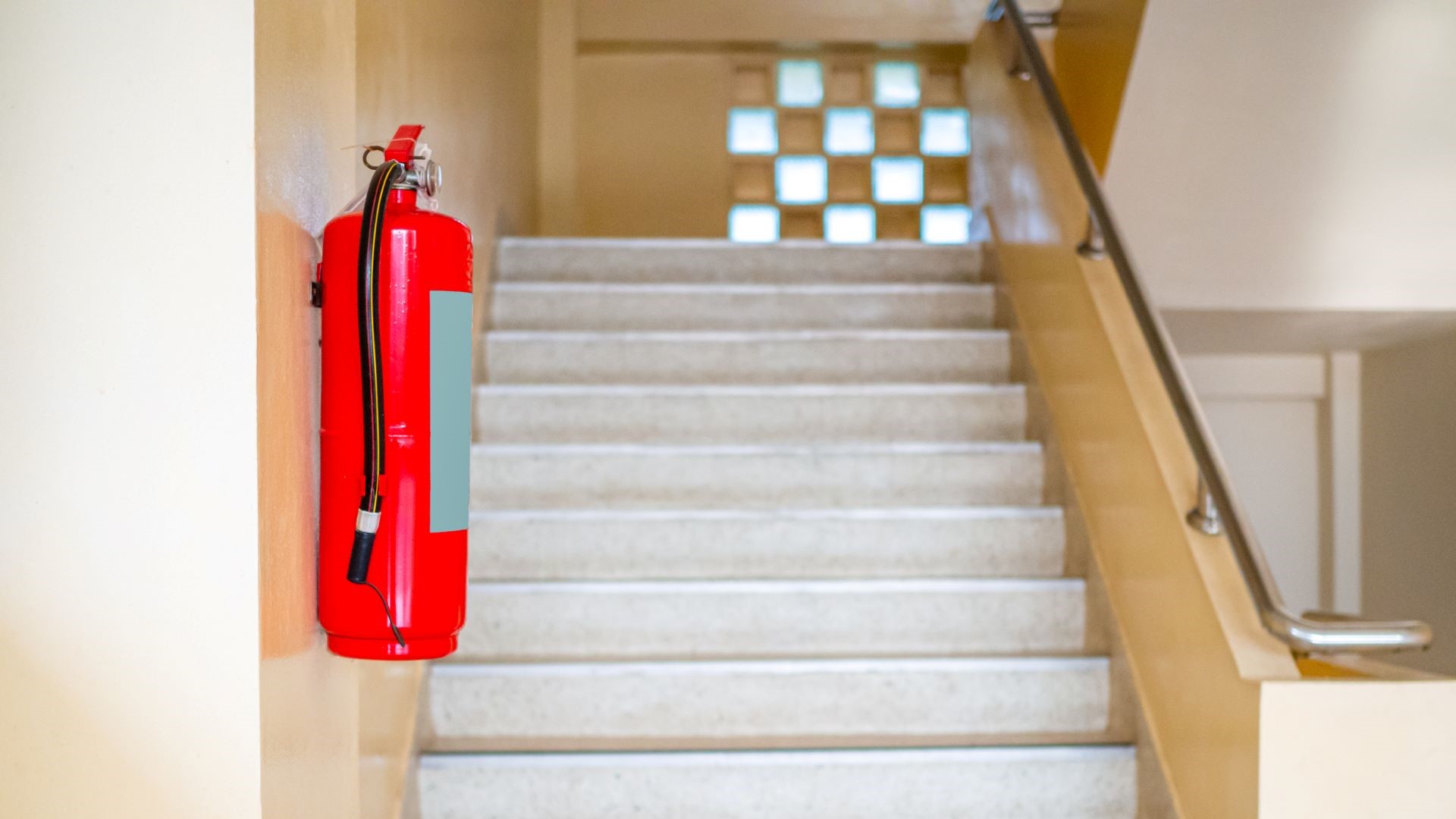Residence Hall Fire Safety Tips

Many housing fires occur at U.S. colleges and universities each year. Undertaking prevention and training efforts can help reduce fires and improve your response if a fire occurs.
Serious threat comes from fires starting in student rooms and spreading elsewhere within residence halls. These fires are often ignited by heat from electrical equipment, overloaded electrical outlets, candles, incense, cigarettes, lighters, or matches.
Help Prevent Fires
- Prohibit highly flammable items. Consider whether to not permit certain items, such as candles, any appliances with exposed heating element (hot plate, electric skillet), halogen bulbs, and space heaters in residence halls.
- Enact policies. Your institution should prohibit smoking, require the use of surge protectors for electronic equipment, and prohibit obstruction of sprinkler systems. Include these prohibitions in the student code of conduct and in each student’s room lease.
- Educate residents. Lithium-ion batteries — found in cell phones, laptops, e-bikes, and scooters — can overheat and lead to fire. Advise to only use charging equipment supplied with the device, not to keep charging after the battery is fully charged, and to stop using the device if the battery shows signs of damage.
- Conduct inspections. Ensure residents in student rooms abide by all rules and regulations. Follow up to ensure violations are remedied. Decide how many inspections will occur each year. Reserve the right to conduct additional inspections.
- Involve the fire department. Consider asking your local fire department for help inspecting rooms to identify fire hazards. This helps the fire department become familiar with residence hall layouts, which will improve emergency response.
- Maintain appliances. Regularly inspect and properly maintain cooking equipment and other appliances you provide residents. Encourage frequent removal of lint from dryers in residence halls.
- Place traditional fire extinguishers in all kitchens. Consider installing automatic fire suppression hood systems, which release chemicals when they detect flames over cooking appliances.
Conduct Training
Residence hall staff, including hall directors and resident assistants, play an important role in fire prevention. They are usually first to respond when fires occur. Include the following topics in staff training:
- Policies. Familiarize staff with all policies related to fire prevention and inform them where to report violations and how to ensure violations are remedied.
- Awareness. Provide staff with materials to raise fire safety awareness within the residence hall community. Materials should include institutional policies and fire prevention tips such as preventing overload of electrical circuits, safely charging devices and batteries, misuse of appliances, and the importance of not leaving kitchens unattended while cooking.
- Fire extinguishers. Train all residence life staff on proper use of fire extinguishers and when to evacuate instead. Staff also should know the location of extinguishers throughout the residence hall and report any damaged equipment.
- Evacuations. Outline your staff’s responsibilities during an evacuation and steps to trigger an evacuation. Consider fire drills to practice evacuation plans and using fire escape routes.
Additional Resources
National Fire Protection Association: Campus and Dorm Fire Safety Tips
U.S. Fire Administration: Fire Safety for College Students
About the Author
-

Alyssa Keehan, Esq., CPCU, ARM
Director of Risk Management Research & Consulting
Alyssa oversees the development of UE’s risk management content and consulting initiatives, ensuring reliable and trustworthy guidance for our members. Her areas of expertise include campus sexual misconduct, Title IX, threat assessment, campus security, contracts, and risk transfer. She previously handled UE liability claims and held positions in the fields of education and insurance.





